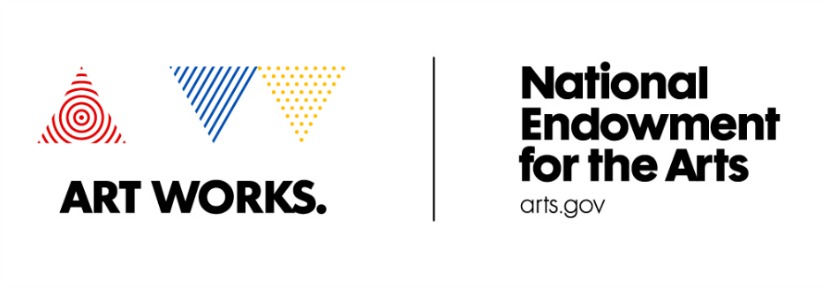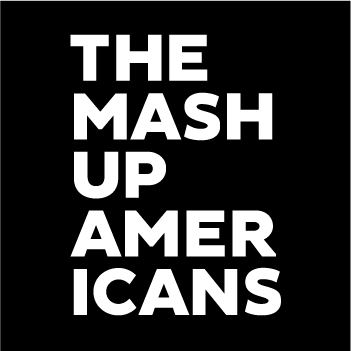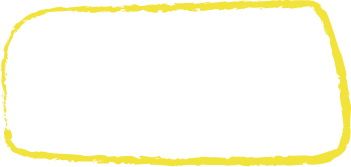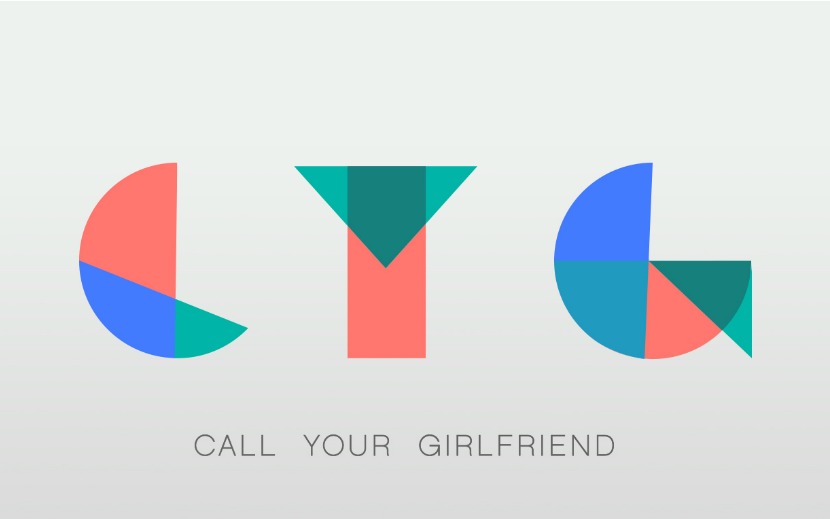In this episode we talk to Aminatou Sow, co-host of the popular podcast Call Your Girlfriend, and co-founder of Tech Lady Mafia, a group that’s devoted to women who work in and around the internet — astrophysicists, coders, developers, digital strategists and more. Guinean Mash-Up Aminatou tells us about seeking political asylum in the U.S., her tiny rebellions via Uber and why Justin Bieber is her Mash-Up spirit animal.
Listen to “It’s Spelled A-m-i-n-a-t-o-u,” and subscribe to our new podcast on iTunes or on your favorite audio app like Stitcher or TuneIn. Or just keep coming right back here.
Below is a transcript of the conversation between Aminatou and Mash-Up co-founder Rebecca. It’s been edited for length and clarity.
How do you Mash-Up?
Oh, man, I mash-up in every way. My family is from Guinea, West Africa — French Guinea — but I’ve never lived there. My parents were basically already living in exile by the time I was born, so I grew up in Nigeria and Belgium, with a couple of stints in France in there. I think my whole life, I’ve spent maybe 30 days total in Guinea, and now that I have asylum here, I actually can’t go back, so I have not been back since 2007.
When did you come to the U.S.?
I came here for college, to the University of Texas at Austin — Hook ’em Horns! — and had that fantasy movie college experience. So many of my friends were hard-core Texans, and so Texas for me is forever my America home. It’s where I fell in love with so many things, and I loved Austin and I loved Texas. I just love how kooky Texans can be in general, and just how much pride they have for their state.
Austin is a unique sort of place in Texas.
Oh, yeah. It was great. Afterwards, I moved to D.C., in 2007 — the year the economy exploded. It took me forever to find a job, and [once I did] I got caught in this weird immigration awfulness where my job was supposed to have filed my H1B paperwork, which is the green card, and then they couldn’t do it. At the very last minute, they said, “Sorry, we can’t do this. The economy is bad.” That for me was a huge shock, because I actually didn’t have a home at that point. I had always been this weird nomadic kid, and I couldn’t go back to Guinea because my family had been living in exile from there, and that’s where my passport is from. So I had to apply to be a refugee in the United States. It was just very hard and awful.
I was really lucky in that I had built a good network and friends where somebody took up my case pro bono. I just kept thinking about the alternate me.
You came to the U.S. of your own volition, but how did it feel to identify at that point in your life as a refugee?
It’s still something I struggle with a lot. I guess technically I’m not even a refugee, I’m an asylee, because I have asylum, because I was already in the country. I’ve always been independent and supported myself, and just went through this massive hardship at a really early age. I was really lucky in that I had built a good network and friends where somebody took up my case pro bono, but I realized, for me, that was the privilege from the kind of education that had been afforded me. I just kept thinking about the alternate me. “Who is the other woman that fits this profile? If she were actually coming from Guinea and she didn’t speak any English, and she probably has children, how does she navigate any of this?”
Obviously, right now in the world, refugees and what’s happening in Europe and the Middle East is a huge part of the cultural zeitgeist. These immigration movements will impact the world for many, many years to come. How do you connect to this?
In our current refugee conversation, when I hear so much hatred being lobbed at these people, it really breaks my heart because people do not understand what the process is. They honestly do not understand the amount of emotional labor that is involved with being a displaced person and how there are no guarantees to the process and how you’re depending on essentially people’s kindness and fighting for your life. That to me is just crazy.
As a huge consumer of media, have you ever had a moment where you’ve been watching something and thought, “Oh, my god, that’s me”?
Honestly, this is very new for me. I come from a family of media fanatics. My family’s from Guinea in West Africa and when my parents were growing up, they were basically living in pseudo-communist life where everything was really regimented, and so freedom for them just means we read everything and we watch the news for everything now. The first time I ever saw media that was geared at me was at Sundance last year. I was watching this movie called Bande de Filles, or “Girlhood” in English. It was about these African immigrant girls in Paris and what their lives looked like. At the end of it, I cried. Here was a movie told through the gaze of this African French girl and I thought, that’s the closest to me I’m ever going to find on a screen.
Let’s talk more about your upbringing.
I grew up Muslim. This is another way that I’m a Mash-Up. I went to Quran school [Editor’s note: a school for the study of Islamic theology and religious law] when I was younger. But my family — to my dad’s credit — my dad never treated me different even though I was the oldest in my family and I was a girl. He was always like, “No, you’re smart. You can do whatever you want.” My dad was only ever married to my mom. He was not polygamous. He sent all of us to school. My parents didn’t have an arranged marriage. They married for love and they were one of the first ones in their generation to do that.
If I take Uber I’ll be asked, “Amina. That’s a very interesting name. Do you know where it’s from?” I’ll go, “No, I have a Muslim name and I have no idea where it’s from. Please, mansplain Amina to me.”
Do you identify with any religion now?
I also went to this high school that was Christian so, I thought, “Oh man, religion: there’s just too much happening.” Today, I just don’t identify with any kind of religion, but it’s really funny, if I ever take an Uber or some sort of car service that has my name, I’ll be asked, “Amina. That’s a very interesting name. Do you know where it’s from?” I’ll go, “No, I have a Muslim name and I have no idea where it’s from. Please, mansplain Amina to me.”
Or they’ll say, “Are you Muslim?” Then I’ll say, “No, but my family is Muslim” and that really drives people crazy because they never know what to do. I remember trying to talk to my grandmother about converting to another religion and she says, “Amina, if you’re born Muslim, you die Muslim. That’s not an option for you.” So I feel like that’s my tiny little way of rebelling.
Oh, and my Starbucks name is “Amanda.”
We talk a lot about names on Mash-Up — what our names are, what we’ll name our kids. What does Aminatou mean?
Aminatou is the Guinea version of Amina. In Senegal, the name is Aminata, and Amina was Prophet Muhammad’s mother, so it just has this connotation of being faithful and respectable in Arabic.
If somebody calls me “Amina,” they’re probably my American friends. If it’s “Aminatou,” they’re a friend from back home or somebody who knew me in high school, or a friend from Belgium. My family has a diminutive for me that’s just “Ami.”
You shortened your name in college to “Amina.” What was that like?
“Aminatou” is such a hard thing for an American person to learn, so I felt compelled to shorten my name. I really regret it in a lot of ways. I think you just get older and wiser and you just start feeling a lot more pride about where you’re coming from and who you are. For me, my great-grandmother had this name and she was this really remarkable person. So yeah, if I could go back to my college self or even high school self, I’d say don’t try to make this easier for these people. Americans have ridiculous names that I have to learn!
What is the best/worst pronunciation of your name that you’ve ever gotten?
The iPhone, it always corrects my name to “Animal” because every once in awhile, I’ll get a, “Hey, Animal, what’s going on?” I can’t tell you the 100,000 ways this is offensive to me. I also get “Animation” a lot, or people who go, “Sorry, I can’t say that.” It’s a good litmus test: there are the people who will try and the people who don’t try.
African people don’t get dating advice! You’re not supposed to date, but somehow you’re magically supposed to get married.
What dating advice did you get from your grandparents or parents?
African people don’t get dating advice! You’re not supposed to date, but somehow you’re magically supposed to get married. Especially for a girl. Every once in awhile, my parents would get a little concerned that we were friends with boys, but they knew everybody’s parents and it wasn’t a big deal, but there was definitely no dating. When I started dating in high school, I never even talked to them about it, but now, the thing that I get because I’m 30 and I’m not married is, “Why won’t you get married?” I was like, “Remember when we couldn’t date? How was this supposed to happen? Why is this your obsession now?”
OK speed round time. What’s your family bubbe meise or some old wives tale that you believe in?
There’s so many of them. One is that if your shoe is upside down or turned the wrong way, something bad will happen to you. That’s a thing that keeps me awake at night. I always put my shoes the right way.
What’s the right way?
Basically, if your shoe is upside down or when you come home and kick your shoes off or if they’re toppled over, this is bad, bad, bad, bad, bad. Sometimes I’ll do that because I’m so tired and I’ll go to bed, then I think, no, the shoes are out of place. Go back and put the shoes together. I’ve held onto that from childhood. I also still believe that spilling salt is bad. It means somebody’s going to get into an argument, so I try not to spill any salt. Oh, and it’s really bad to put your purse on the ground.
What’s some Guinean home cooking and is there a mix with French colonialism?
I think most West African food is that way. In Guinea, in our tribe of Fulani people, our staple is probably rice. In my part of the world where beef is not huge, [we also] would eat goat or ram meat, and so after Ramadan, that’s a very distinctive meal to have.
What languages do you speak?
I speak French, I speak English, I speak Fulani which is my tribal language, I speak Spanish … oh, and I speak Hausa, which is a Nigerian language.
Home is where the Wi-Fi connects automatically.
Where do you feel most at home?
That’s a really hard and tender question for me because I don’t have a home, traditionally, like most people have. I never grew up on the same street. Basically I fail all those banking security questions all the time that go, “What street did you grow up on? Where’s your best friend from?” For me, home is always where I’m at right now. On Call Your Girlfriend, we always joke that home is where the Wi-Fi connects automatically. Home is where I’m at currently. I try to make a home there and not be too nostalgic about things that I miss, because that gets really hard.
What’s your comfort food?
Oh, man, so many. My medium comfort food, if I’m having a very hard day, and this is such a weird Texas pickup, is a flour tortilla and honey. If I am very, very, very, very homesick, I will try to locate an African market to make a peanut stew from Guinea with some rice. That’s all I want to eat, and it’s always a production, because there’s so many ingredients that you have to hunt down.
What’s always in your fridge?
There’s always some sort of flour tortilla situation happening for the aforementioned snack.
There’s always French cheeses, and there’s always a ton of tropical fruits. I love having mango or papaya in my fridge. That makes me feel safe and sane. Yeah, also, too much wine. I’m a French girl, through and through.
We’re in your ears, yo. Subscribe!
If you like this, you might also enjoy:
What Do You Spend Money on That Your Parents Never Would?
Jad Abumrad: Exploring the Margins on Radiolab, and in Life
This podcast is produced by American Public Media and Southern California Public Radio, KPCC. It is supported in part by an award from the National Endowment for the Arts. To find out more about how the NEA grants impact individuals and communities, visit www.arts.gov.



